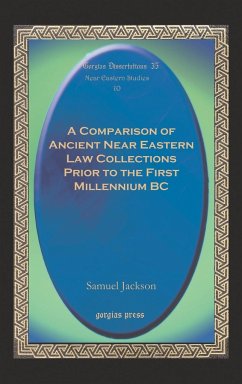The cuneiform tablets recovered from the ancient city of Mari (Tell Hariri) richly document the socio-political world of ancient Syro-Mesopotamia. The city of Mari flourished as a political capital under the king Zimri-Lim from c. 1775-1762 until Hammu-rabi of Babylon destroyed the city, leaving thousands of cuneiform letters in the ruins. The letters from ancient Mari reveal how society constrained and catalyzed politics during the reign of Zimri-Lim, the last king of Mari. This book analyzes Zimri-Lim's interactions with contemporary sovereigns from the Habur as well as his dealings with Yamut-bal and Numha tribal polities. It describes how Zimri-Lim's disproportionate dependence on tribal connections left him vulnerable when tribal alliances began to fail him in his tenth regnal year. At this time, an Elamite force mounted a sustained offensive against several of the states in southern Mesopotamia and the northern regions of the Habur. The Elamite incursion into the Habur undercut the tribal alliances of Zimri-Lim, making him susceptible to the ambitious expansion of Hammu-rabi of Babylon.
Hinweis: Dieser Artikel kann nur an eine deutsche Lieferadresse ausgeliefert werden.
Hinweis: Dieser Artikel kann nur an eine deutsche Lieferadresse ausgeliefert werden.








